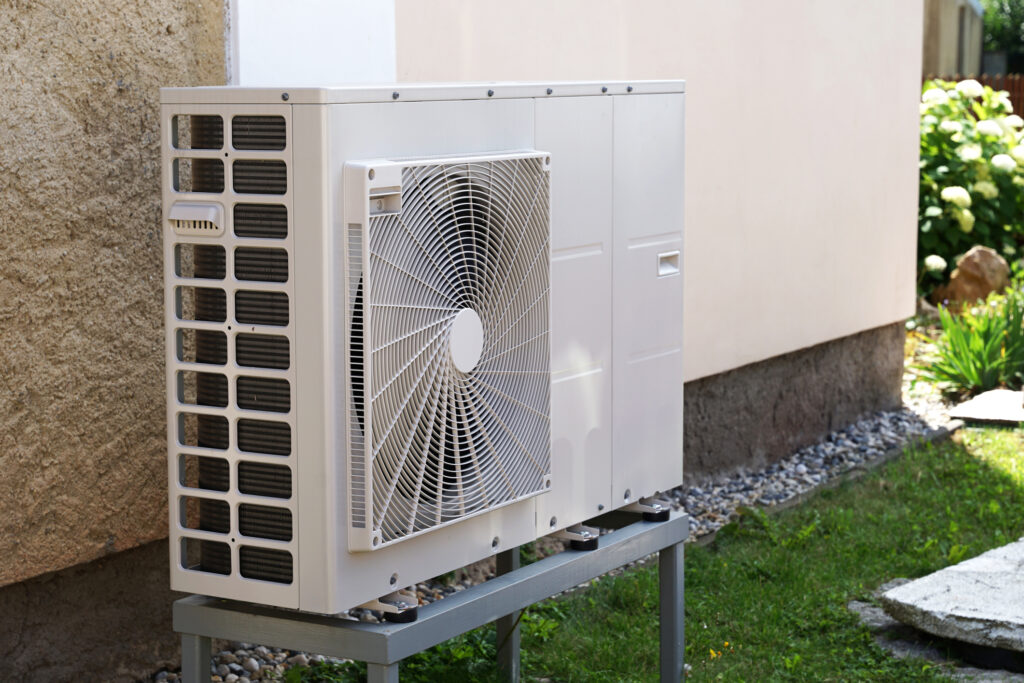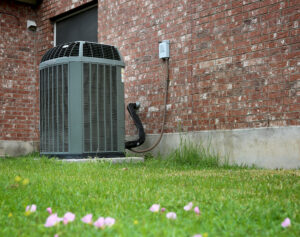Can a Generator Power My HVAC System?
When the power goes out during a storm or blackout, one of many homeowners’ first concerns is maintaining indoor comfort, especially during extreme heat or cold. Your HVAC system is essential for safety and comfort, so it’s only natural to wonder whether a generator can power your air conditioning or heating equipment when the grid fails.
With the average U.S. citizen experiencing 5.5 hours of power interruptions annually, it’s critical to understand how a generator can help keep you connected to reliable HVAC functionality when a blackout event strikes.
In this blog post, the heating, cooling, and generator experts at Sal’s Heating & Cooling discuss everything you need to know about keeping your HVAC running during an outage.
Can a Generator Power an Air Conditioner?
Yes, a generator can power an air conditioner, but there are a few important factors to consider before flipping the switch. The key is matching the generator’s output capacity (measured in watts) with the power demand of your specific AC unit.
Larger systems, like central air conditioners, generally require significantly more power than smaller units. For example, a central AC unit might need between 3,000 and 6,000+ starting watts to operate properly. In contrast, window units or ductless mini-split systems require much less power and are more likely to run efficiently on a smaller generator.
Using a generator that’s too small for your HVAC system can lead to overload, causing the generator to shut down or even damage your equipment. Always make sure the generator you choose can handle your system’s startup surge and running load.
What Size Generator Is Needed to Power My HVAC?
To power your HVAC system reliably, you’ll need to consider your system type and how many components you want to run. Here are some general guidelines:
- Central air conditioner: Typically needs between 3,000 – 6,000+ watts, depending on size and efficiency
- Furnace blower motor: Requires approximately 800 – 1,500 watts
- Ductless mini-split systems: Often require lower wattage, making them easier to run with smaller generators
These numbers vary based on system size, age, and energy efficiency. It’s essential to consult an HVAC professional to calculate your exact power needs and recommend the appropriate generator size. Trying to guess can result in overloading or inefficient operation.
Many homeowners opt for whole-home generators for peace of mind and full functionality. These systems are designed to start during a power outage automatically and can handle larger loads, including HVAC systems, without manual intervention or fuel concerns.
Trust Sal’s for Emergency Air Conditioning in OH & KY
Whether you’re trying to prepare for the next big storm or are in the middle of a blackout, Sal’s is here to help. We’re your trusted emergency HVAC experts serving communities throughout Ohio and Kentucky. Our team can answer your questions about generator compatibility, help calculate your system’s wattage needs, and offer generator-friendly HVAC solutions tailored to your home.
Contact Sal’s today for fast, professional assistance with your AC system, day or night!





